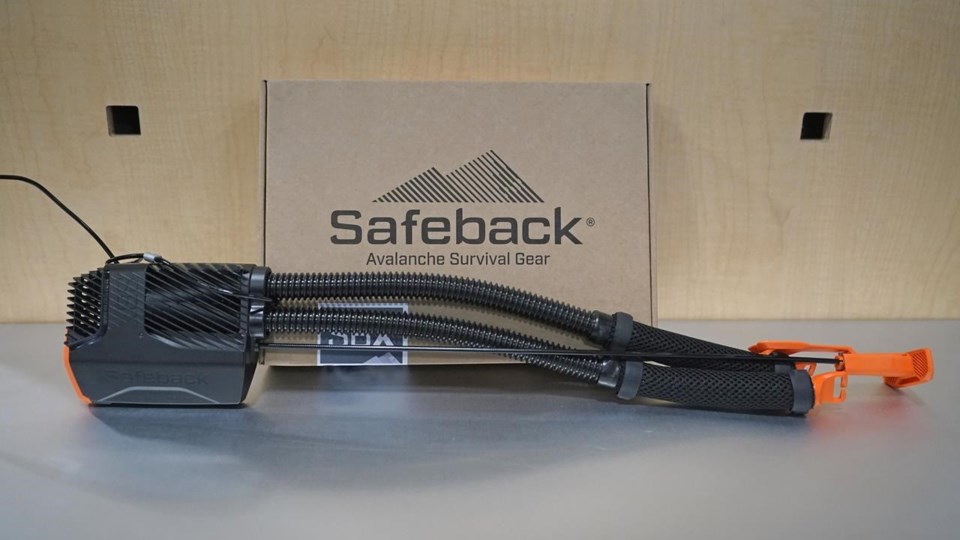SALT LAKE CITY (AP) — Vendors selling hiking apparel, e-bikes, zippers and other outdoor gear gathered in Utah this week for what has long been one of the country's largest trade shows catering to the recreation industry, marking its return to the deeply Republican state after a four-year boycott over its land management stances.
Though organizers decided to move the twice yearly event back to Utah, many large ski and apparel brands skipped it, pointing to a confluence of factors including politics and changing industry dynamics. Notably absent were industry heavyweights such as Patagonia, The North Face and REI, which signed onto a letter asking trade show organizers not to return to Utah.
The debate over the location of the show, which can generate millions of dollars for the local economy where it's held, centers around land management in southern Utah, particularly over the boundaries of two national monuments, Bears Ears and Grand Staircase-Escalante. Many brands with histories of environmental advocacy believe Utah is a bad choice because state officials oppose protecting some lands that the industry cherishes.
The industry trade show moved to Denver in 2018 after Utah lawmakers successfully asked President Donald Trump to downsize the two monuments, which had been designated by President Barack Obama and President Bill Clinton, respectively. Trump's move opened up part of the land for mining and drilling, angering the outdoor recreation industry, which relies on customers being able to access public lands.
But show organizer Emerald X said the four-year boycott wasn't effective. In a statement last year announcing it was bringing the trade show back to Utah, the company said “we will push back, not pull back.”
“We firmly believe that staying engaged and collectively contributing to the ongoing discussion, no matter how difficult, is far more constructive,” the statement said.
Utah has continued to fight the federal government over the monuments. After President Joe Biden restored the size of the two, the state joined with rural counties to sue.
This week's trade show includes “community corners” and “campfire discussions" with local activists and public officials about environmental stewardship and sustainability.
"Part of our reengagement into Salt Lake City with state and local officials is the environment. Access to all of the recreation land is vital to the health of the industry," Marisa Nicholson, the show director, said.
Nicholson acknowledged the absence of certain large brands, but said it was natural for any trade show to evolve with an industry.
Peter Metcalf, the founder of Black Diamond and an activist who helped bring the show to Utah decades ago, said he doubted reengagement would change minds or policy.
“They perceived the industry would come anyway but they were very short-sighted,” he said of the boycotts. “We had a seat at the table and were never served so why stay at the table?"
Designers and salespeople said they appreciated the event returning to Salt Lake City because its proximity to mountains and recreation areas makes it ideal for testing products.
Eric Henderson, a publicist representing brands manufacturing jackets out of recyclable materials, eco-friendly ski wax and avalanche jackets, said the outdoor industry remained uniquely committed to its advocacy goals and those returning to Utah wanted to come back with renewed commitment. He said he hoped drawing attention to the kinds of activities that can be pursued outdoors would help get people to care about protecting lands.
“We came back intentionally for that,” he said.
Before leaving, Outdoor Retailer's twice annual trade show drew an estimated $40 million in annual economic impact to Utah, benefitting hotels, restaurants and the Salt Palace Convention Center. The 2023 show is significantly smaller than prior years because of the boycott and industrywide trends that have put less emphasis on expositions at the start of each year, brand representatives said.
Sam Metz, The Associated Press


